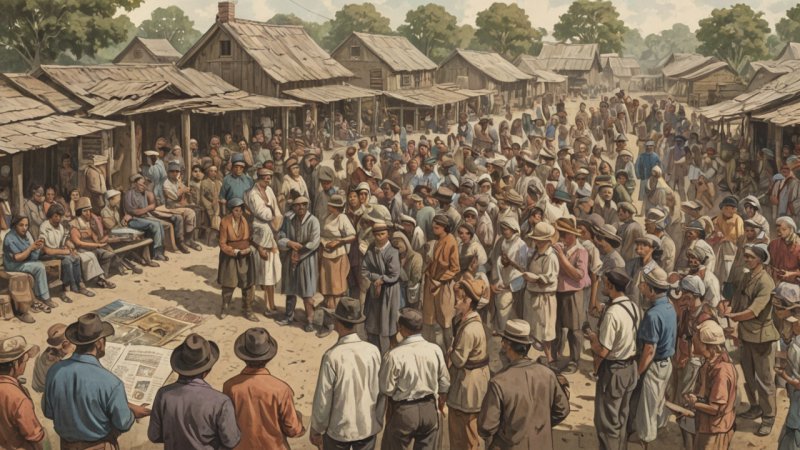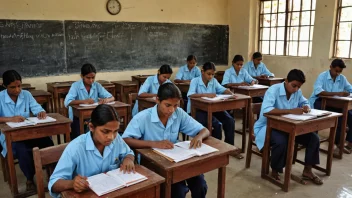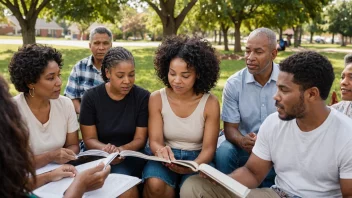Understanding our roots is vital for any community, as the past serves as a foundation for the present and future. In the context of community identity, local history and global history play significant yet distinct roles. This article explores the differences, advantages, and disadvantages of local history and global history in shaping community identity, providing insight into how each can contribute to a sense of belonging and understanding.
Defining Local History
Local history refers to the study of historical events, people, and cultures that are specific to a particular area or community. This can encompass everything from the founding of a town to the stories of local heroes and the evolution of community traditions. Local history is often documented through oral histories, local archives, museums, and community events.
Defining Global History
On the other hand, global history examines historical events and trends that have impacted the world on a larger scale. This includes the study of empires, wars, migrations, and cultural exchanges that transcend local boundaries. Global history provides a broader context for understanding how local events fit into the larger narrative of human history.
Pros of Local History
- Community Engagement: Local history fosters a sense of pride and belonging among community members. It encourages participation in local events, preservation of historical sites, and the sharing of stories that connect people.
- Identity Formation: By highlighting unique local narratives, communities can cultivate a distinct identity that differentiates them from others. This can strengthen social cohesion and promote local culture.
- Preservation of Heritage: Local history initiatives often focus on preserving cultural heritage, ensuring that traditions, languages, and practices are passed down through generations.
Cons of Local History
- Limited Perspective: While local history is rich in detail, it may provide a narrow view of events, omitting broader historical contexts that could enrich understanding.
- Risk of Oversimplification: Focusing solely on local narratives may lead to oversimplified interpretations of complex historical events, potentially fostering a sense of isolation.
Pros of Global History
- Broader Context: Global history allows communities to understand their place within the larger tapestry of human history, providing insights into how local events are interconnected with global trends.
- Awareness of Diversity: Studying global history encourages appreciation for different cultures, promoting empathy and understanding among diverse populations.
- Critical Thinking: Engaging with global history can enhance critical thinking skills, as it often involves analyzing multiple perspectives and understanding the complexities of historical narratives.
Cons of Global History
- Detachment from Local Identity: A focus on global history may overshadow local narratives, leading to a diminished sense of community identity and belonging.
- Overgeneralization: Global history can sometimes oversimplify local experiences, failing to capture the nuances that define specific communities.
How They Complement Each Other
While local history and global history have their distinct advantages and disadvantages, they can also complement each other in meaningful ways. Understanding local history within the context of global events can provide a richer narrative, allowing communities to see how their unique stories contribute to broader historical movements.
For example, a community may celebrate its local heritage while also acknowledging how global migration patterns have influenced its cultural landscape. This dual perspective fosters a more inclusive identity that honors both local and global narratives.
Conclusion
In conclusion, both local history and global history play crucial roles in shaping community identity. Local history fosters engagement, pride, and preservation of cultural heritage, while global history provides broader context and promotes understanding of diversity. It is essential for communities to strike a balance between the two, ensuring that local narratives are celebrated while also recognizing their place within the global framework. By doing so, communities can cultivate a rich, multifaceted identity that honors their past while embracing the complexities of the present and future.






